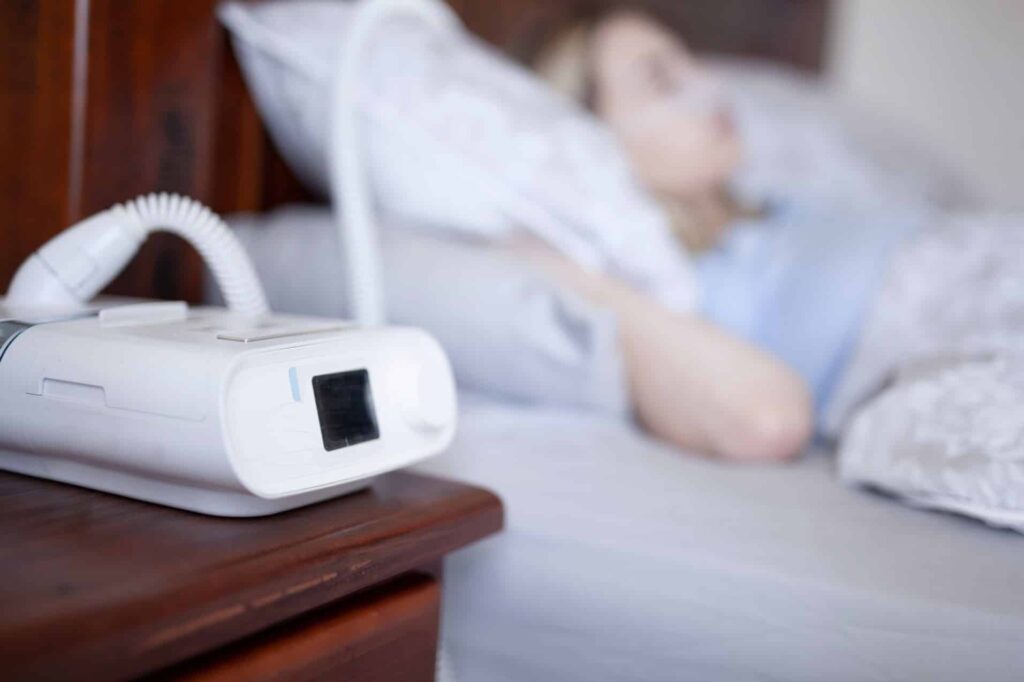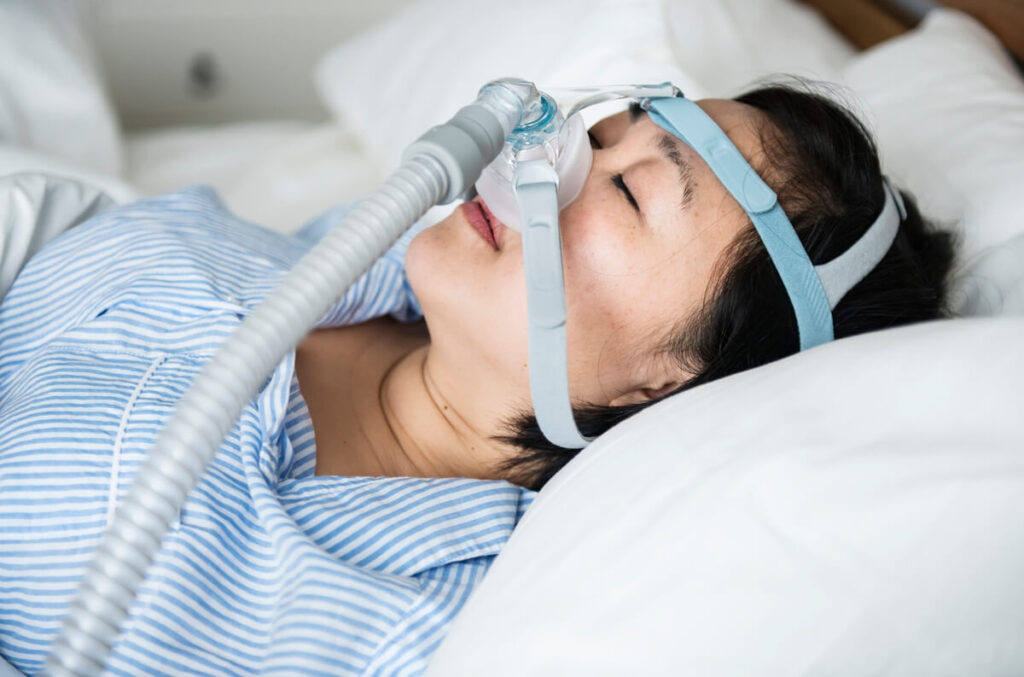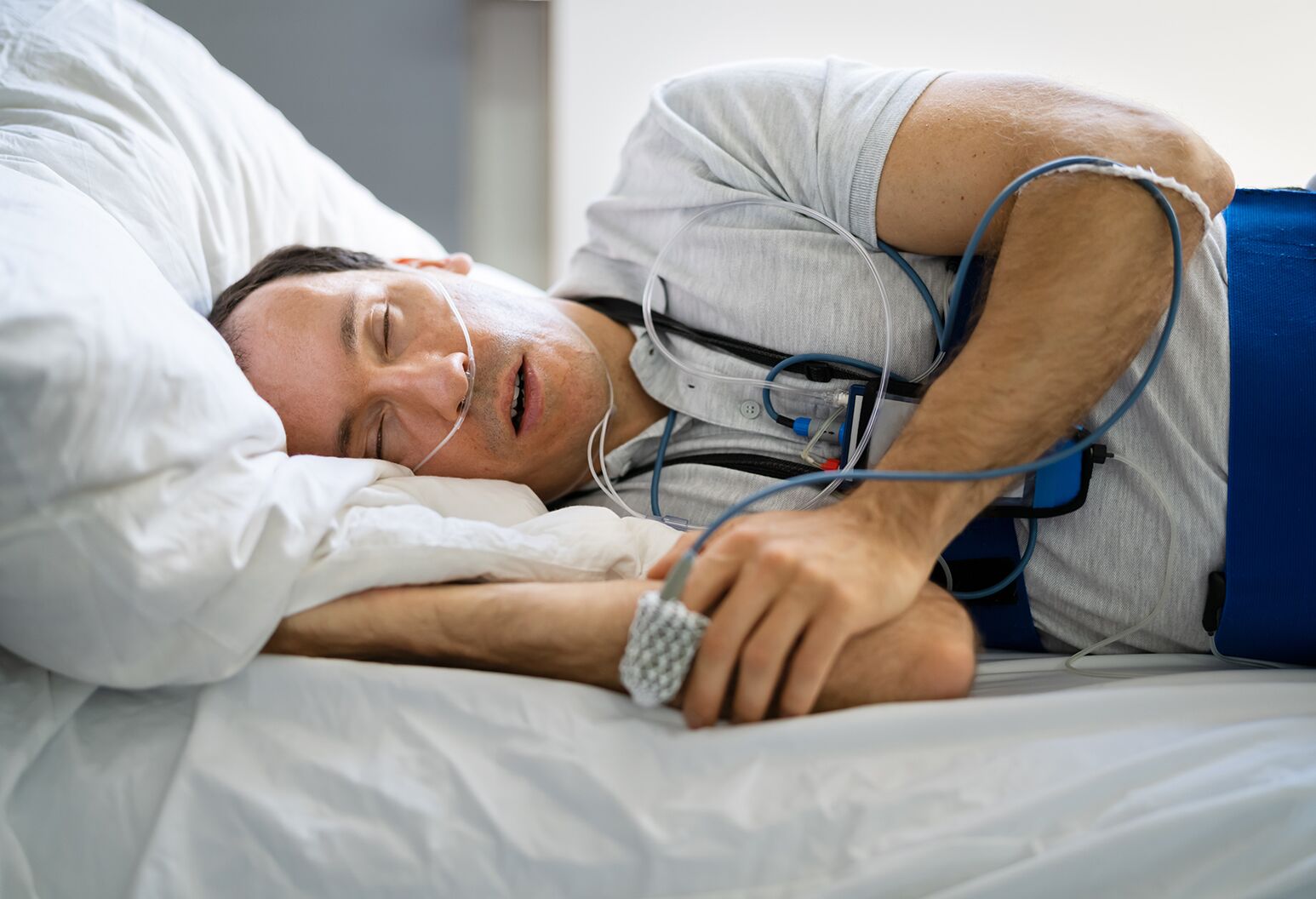Sleep apnea is a serious sleep disorder that can have significant implications for an individual’s health and well-being. Many patients seek testing and treatment options, while navigating the complexities of Medicare coverage for these services. Understanding what is covered and what is not can alleviate some of the burden and help in making informed decisions. In this article, we will explore the various aspects of sleep apnea testing in relation to Medicare coverage, including its significance, types of tests, and the potential costs involved.
Understanding Sleep Apnea
Sleep apnea is characterized by pauses in breathing or shallow breaths during sleep. These interruptions can occur numerous times throughout the night, leading to fragmented sleep and reduced oxygen levels in the blood. Understanding this condition is crucial for effective diagnosis and treatment. The severity of sleep apnea can vary significantly from person to person, with some experiencing only mild disruptions while others may face severe episodes that can last for minutes at a time. This variability underscores the importance of personalized treatment plans that cater to the specific needs of each individual.
When it comes to diagnosing sleep apnea, various tests are available. Understanding the types of sleep apnea test medicare is crucial for patients seeking evaluation and treatment.
The Importance of Diagnosing Sleep Apnea
Diagnosis of sleep apnea is vital because untreated sleep apnea can lead to a variety of health issues, including cardiovascular problems, high blood pressure, and daytime fatigue. Early detection can be key in preventing these complications and enhancing one’s quality of life. By identifying the disorder through appropriate testing, healthcare providers can recommend suitable treatments, such as lifestyle changes or the use of a CPAP machine. Moreover, the process of diagnosis often involves a sleep study, either conducted in a sleep lab or at home, which monitors breathing patterns, heart rate, and blood oxygen levels while the patient sleeps.

Symptoms and Risks of Sleep Apnea
Common symptoms of sleep apnea include loud snoring, gasping for air during sleep, and excessive daytime sleepiness. Individuals may also experience difficulty concentrating and irritability. The risks associated with sleep apnea extend beyond fatigue; they can include:
- Heart disease
- Stroke
- Diabetes
- Weight gain
Addressing these symptoms promptly can prevent further health issues and improve overall quality of life. Additionally, sleep apnea can have a significant impact on mental health, contributing to anxiety and depression due to the chronic fatigue and cognitive impairments it causes. The social implications can also be considerable, as excessive daytime sleepiness may hinder professional performance and strain personal relationships. Recognizing these broader effects highlights the necessity for comprehensive care and support for those suffering from sleep apnea. Read more about strain on https://www.bu.edu/moss/mechanics-of-materials-strain/
An Overview of Medicare Coverage
Medicare, a federally funded health insurance program, provides coverage to eligible individuals, primarily those aged 65 and older, as well as certain younger people with disabilities. To understand coverage for sleep apnea testing, it’s important to grasp the basic principles of Medicare.
Basic Principles of Medicare
Medicare is divided into different parts, each covering specific services. The principal parts relevant to sleep apnea testing include Medicare Part A (hospital insurance) and Part B (medical insurance). Part A may cover inpatient hospital stays related to sleep studies, while Part B mainly covers outpatient services, including consultations, tests, and follow-up care.
Medicare Part B: Medical Insurance
Medicare Part B is particularly significant for patients undergoing sleep apnea testing. It generally covers medically necessary services, such as the initial consultation with the doctor and diagnostic services. It’s important for beneficiaries to understand the conditions under which these tests are deemed necessary in order to qualify for coverage. For instance, a physician must determine that the patient exhibits symptoms of sleep apnea, such as excessive daytime sleepiness, loud snoring, or observed episodes of breathing cessation during sleep. This assessment is crucial, as it lays the groundwork for the approval of subsequent testing and treatment.
In addition to the initial consultation, Medicare Part B also covers the cost of home sleep apnea testing equipment, which has become increasingly popular due to its convenience and accessibility. Patients can often use these devices in the comfort of their own homes, allowing for a more natural sleep environment. Furthermore, if the results indicate a diagnosis of obstructive sleep apnea, Medicare may also cover continuous positive airway pressure (CPAP) therapy, which is a common treatment option. Understanding these nuances can help beneficiaries navigate their coverage options more effectively, ensuring they receive the necessary care without unexpected out-of-pocket expenses. Click here to learn more about accessibility.
Medicare and Sleep Apnea Testing
Types of Sleep Apnea Tests
There are primarily two types of sleep studies used to diagnose sleep apnea: in-lab polysomnography and home sleep apnea testing. In-lab testing is conducted overnight in a sleep clinic, where several parameters like brain waves, oxygen levels, heart rate, and breathing patterns are monitored. Home testing, on the other hand, allows patients to use simpler monitoring equipment in their own homes, providing a convenient alternative for diagnosis. These home tests typically measure airflow, breathing effort, and blood oxygen levels, giving healthcare providers a good overview of the patient’s sleep patterns without the need for an overnight stay in a clinic.
While in-lab polysomnography is often considered the gold standard for diagnosing sleep apnea, home sleep tests have gained popularity due to their ease of use and comfort. Many patients prefer the privacy of their own home, which can lead to a more natural sleep environment, potentially yielding more accurate results. However, it’s important to note that home tests may not be suitable for everyone, particularly those with complex medical histories or other sleep disorders that require more comprehensive monitoring.
Read about sleep apnea test Melbourne at: Sleep Apnea Test Melbourne
Medicare Coverage for Sleep Studies
Medicare generally covers both types of sleep studies if deemed medically necessary by a healthcare provider. This coverage typically applies to:
- Polysomnography performed in a sleep lab
- Home sleep apnea tests for patients who meet specific criteria
Patients should consult their healthcare provider to determine which test is appropriate and to ensure they meet the necessary criteria for coverage. Additionally, it’s essential for patients to be aware of the potential out-of-pocket costs associated with these tests, as Medicare may not cover all expenses, especially if the tests are deemed not medically necessary. Understanding the nuances of coverage can help patients make informed decisions about their healthcare and avoid unexpected bills.
Moreover, after receiving a diagnosis, patients may also need to explore treatment options, which can include lifestyle changes, CPAP therapy, or even surgical interventions in more severe cases. Medicare also provides coverage for certain treatments related to sleep apnea, making it vital for patients to stay informed about their options and the associated costs. By engaging in open discussions with their healthcare providers, patients can navigate the complexities of sleep apnea diagnosis and treatment more effectively, ensuring they receive the care they need.

What’s Not Covered by Medicare
While Medicare provides substantial coverage for sleep apnea testing, there are certain limitations and exclusions that beneficiaries need to be aware of.
Limitations in Medicare Coverage for Sleep Apnea
Not all testing methods or related services are covered by Medicare. For instance, if a patient chooses an alternative service that is not recognized as medically necessary, Medicare may not cover the cost. Furthermore, if a sleep apnea test is conducted in a non-certified facility, it is unlikely to be covered. Patients should always confirm with their provider regarding the specifics of their coverage. Additionally, certain types of home sleep apnea tests may not be reimbursed if they do not meet specific criteria set forth by Medicare, which can vary based on the patient’s health status and the severity of their condition.
Out-of-Pocket Costs for Sleep Apnea Testing
While Medicare does cover many aspects of sleep apnea testing, beneficiaries may still incur out-of-pocket costs. These costs can include:
- Deductibles: The amount a patient pays before Medicare starts to pay its share.
- Coinsurance: A percentage of the cost that patients must pay after meeting the deductible.
- Non-covered services: Any services not deemed necessary may require full payment by the patient.
It is important for patients to understand these potential costs when planning for testing and treatment. Furthermore, some patients may find that additional therapies or equipment, such as continuous positive airway pressure (CPAP) machines, might also lead to extra expenses. While Medicare does provide coverage for CPAP therapy, beneficiaries may still be responsible for a portion of the costs associated with the equipment, including rental fees and maintenance. This can add up, particularly for those who require long-term treatment, making it essential for patients to explore all available options, including supplemental insurance plans that can help offset these expenses.
Navigating Medicare Coverage for Sleep Apnea
Navigating Medicare coverage for sleep apnea can be daunting, but with the right preparation, patients can streamline the process.
Preparing for a Sleep Study with Medicare
Preparation for a sleep study involves several steps, including discussing symptoms with your primary care provider and obtaining a referral if necessary. Patients should gather their medical history, detail symptoms, and be prepared to answer questions regarding sleep patterns. Ensuring that the testing facility is Medicare-certified will also help avoid unexpected costs. Additionally, it is beneficial to familiarize yourself with the types of sleep studies available, such as in-lab polysomnography or home sleep apnea testing, as this knowledge can help you engage more effectively with your healthcare provider. Understanding the differences can also aid in making informed decisions about your care and what to expect during the testing process.
Appealing a Medicare Decision
If coverage for a sleep apnea test is denied, patients have the right to appeal the decision. The appeal process typically involves reviewing the rationale behind the initial denial, compiling any additional supporting information, and submitting an appeal form to Medicare. Engaging with a healthcare advocate may also facilitate this process. It’s important to keep detailed records of all communications with Medicare and your healthcare providers during this time. This documentation can prove invaluable in substantiating your case and ensuring that all relevant information is considered during the appeal. Furthermore, patients should be aware of the timelines associated with the appeal process, as there are strict deadlines for submitting appeals and any supporting documents.
Moreover, understanding the potential reasons for denial can empower patients to take proactive steps. Common reasons for denial might include insufficient documentation of medical necessity or failure to meet specific diagnostic criteria. By addressing these issues upfront, patients can enhance their chances of obtaining the necessary coverage. Engaging in discussions with your healthcare provider about the importance of the sleep study can also help in gathering the necessary documentation that demonstrates the medical necessity of the test.

